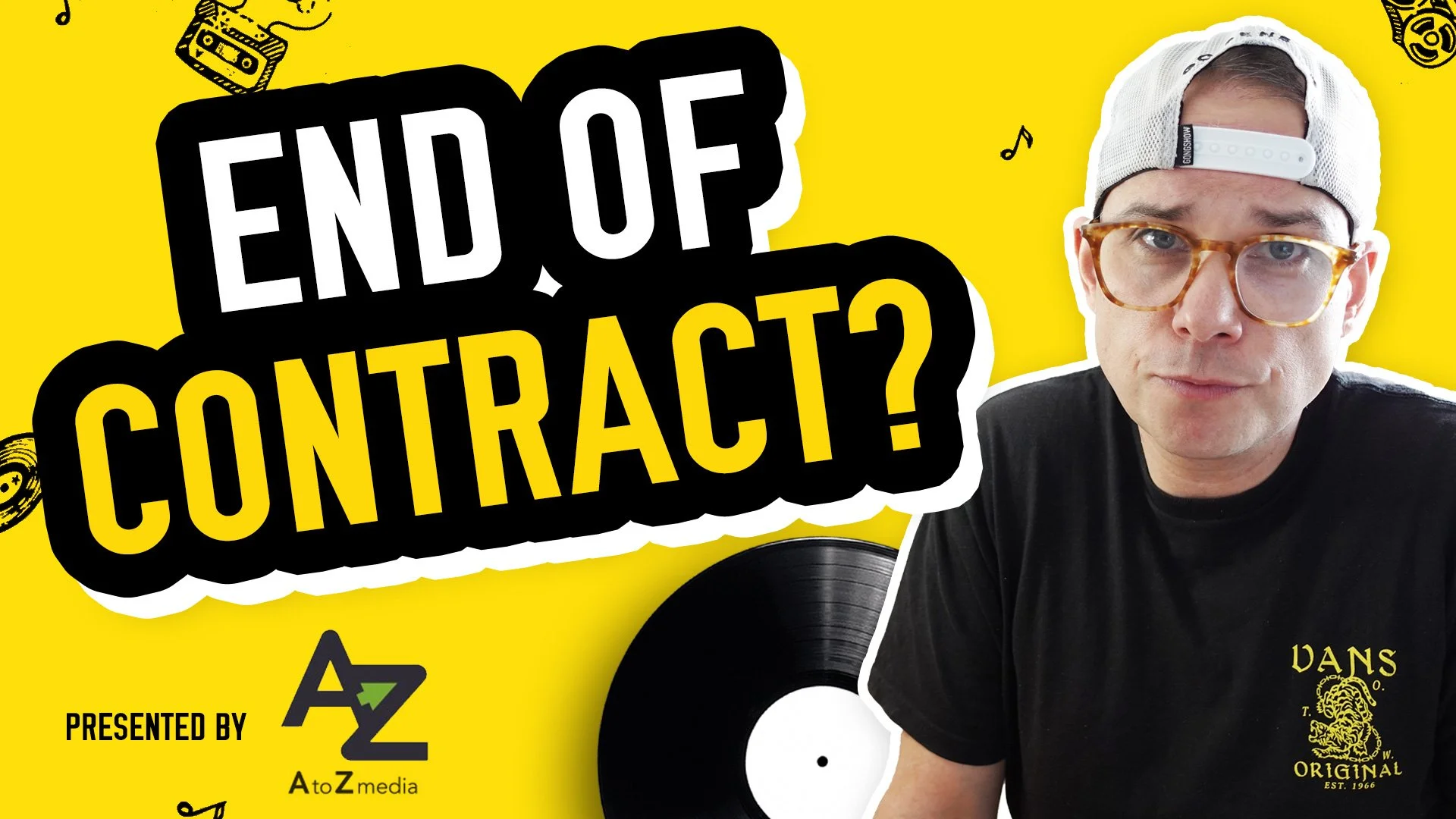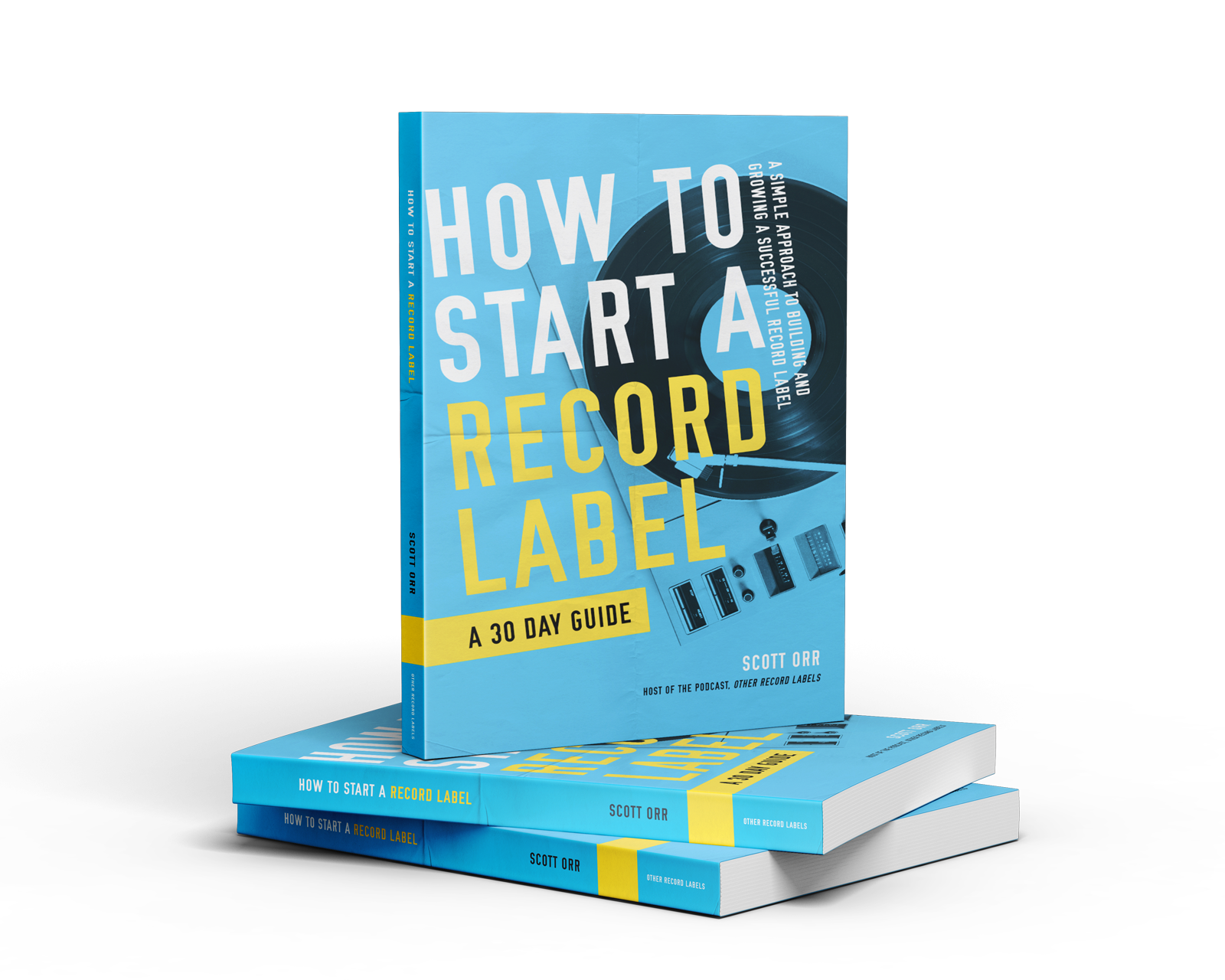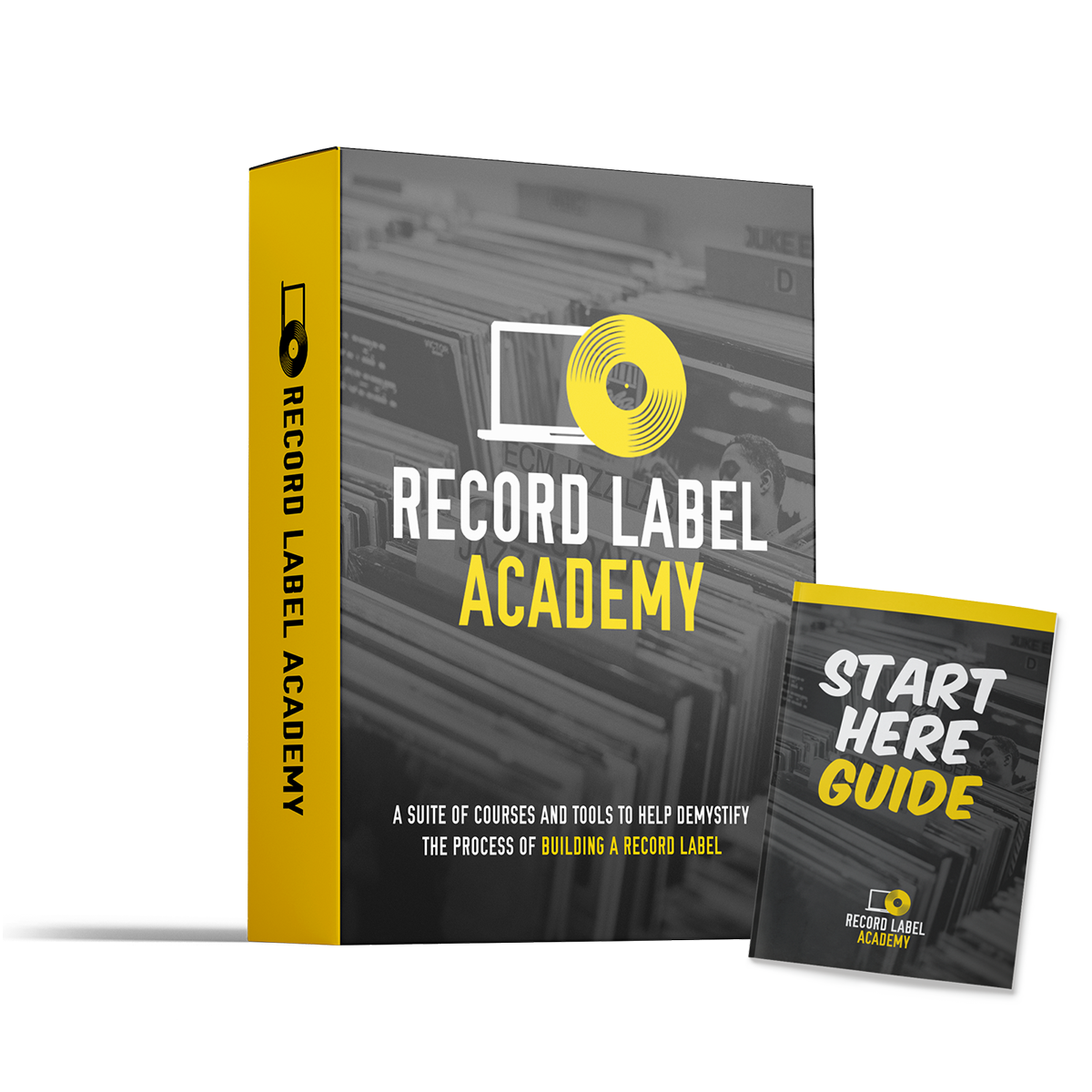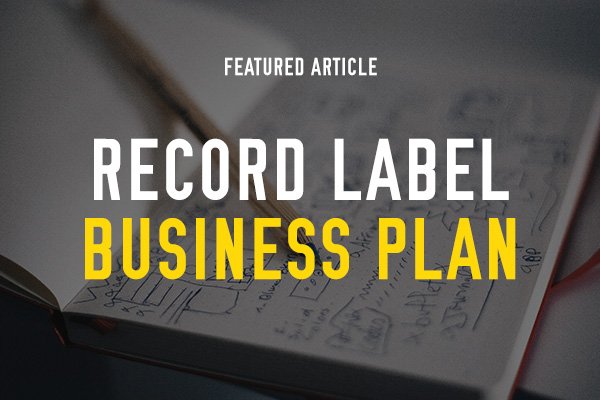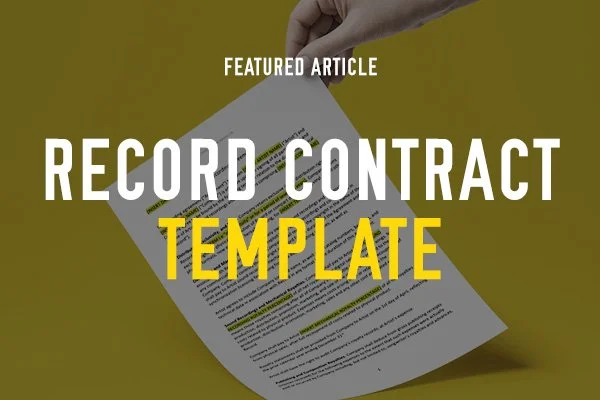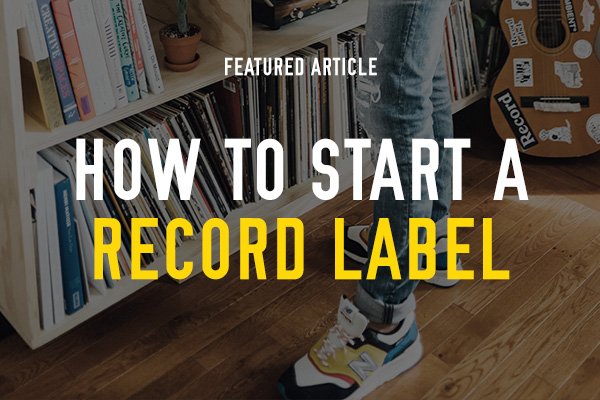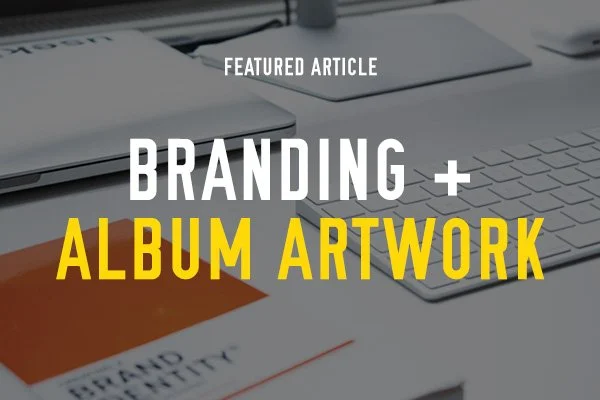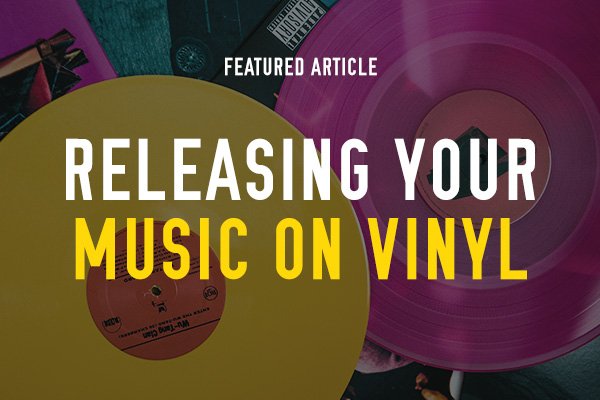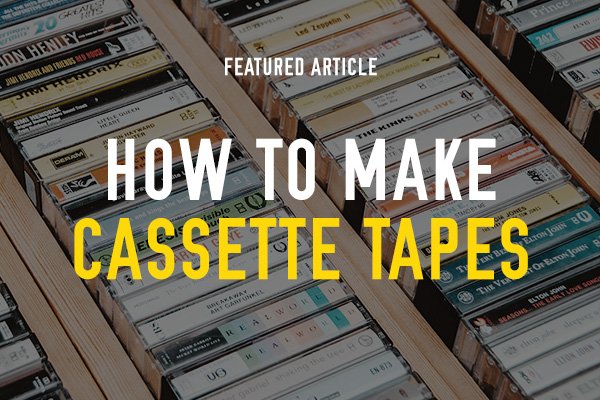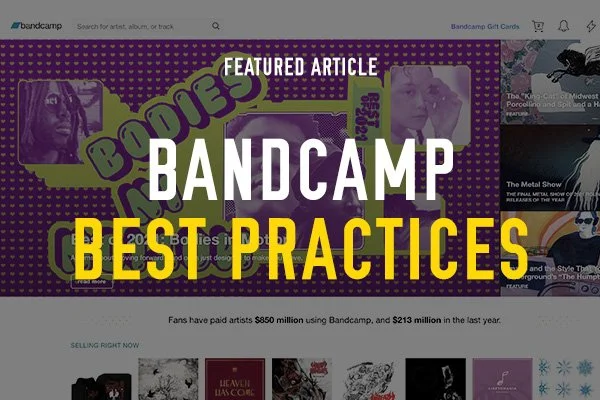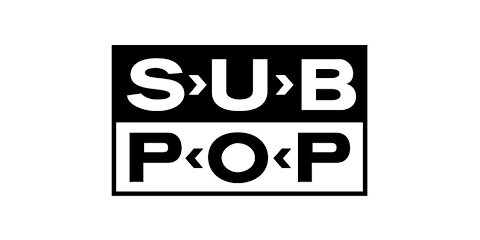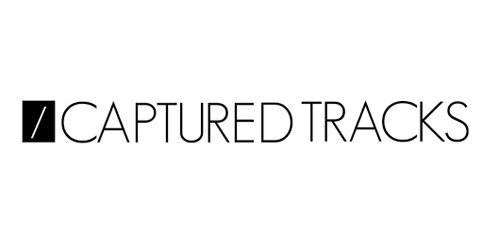
What Happens When
Your Record Label
Contract Ends?
Strategies for a Smooth Transition in the Music Industry

What happens when an artist and a record label come to the end of their contract?
This isn’t necessarily a bad thing; it's merely the natural state of affairs when the term length concludes.
It’s a fascinating topic, one that’s perhaps challenging to address in the moment.
To gain an accurate understanding of how end-of-term matters should be dealt with, I reached out to a community of experts for advice, including labels and a lawyer. Here's what I found out.
3 Common Record Label Contract Scenarios:
Perpetual Ownership: Some labels own the masters indefinitely. While the contract term might end, the label retains administration rights over the recordings.
Auto-Renewal: Contracts may automatically renew if both parties are satisfied. This could continue monthly, quarterly, or yearly, with a notice period for termination.
Masters Return: Artists may reclaim their masters at the end of the term to self-release or distribute through other channels.
Understanding Your Contract:
The simplest way to determine where you stand is to read your contract. It outlines which scenario applies and provides clarity on the terms.
Or if you are new, be sure to discuss all of these scenarios with your team and your lawyer before drafting a contract template.
Key Considerations:
For Artists:
Be proactive and start the process well before the contract's end.
Don't assume labels have reminders for contract expiration.
For Record Labels:
Consider whether the contract should auto-renew for smoother transitions.
Be gracious and generous in helping artists through this complicated change.
Addressing Common Record Label Questions:
How long does the contract go for?
I’ve asked a few labels over the years, and a typical licensing agreement lasts, on average between 5 to 7 years. Of course, there are much shorter, and much longer contracts out there… do what’s fair for both you and the artist.
Can a contract renew itself?
Unless specified otherwise, contracts should be assumed to end,with the responsibility on the label to remove music. Moving forward it can be a good idea to put a clause in your contracts that allow the contracts to auto-renew for 90 day if the artist hasn’t indicated that they wish to depart.
What happens to the music on streaming services?
Artists should open an account with a digital distributor and upload their version of the release (which will temporarily show a duplicate of the release). Once there are duplicates of the release on the DSPs, it is safe for the record label to take down their version of the release without the risk of losing stream counts or playlist inclusions.
What happens with the metadata?
It’s nice if record labels provide artists with release metadata for a seamless transition. Metadata can include things like artwork, release dates, ISRCs, barcodes, lyrics, etc.
What happens with the extra physical inventory?
It depends on your contract, but generally labels have the right to sell off remaining inventory while continuing to pay the artist their due-royalties on sales. There may also be a fair scenarios where the artist buys back the excess records at cost or at the label’s wholesale price.
Conclusion:
Navigating the end of a record label contract can be complex but manageable with clear communication and understanding of contractual obligations. Remember, it all boils down to the contract.
So, whether you're an artist or a label, ensure your agreements reflect your expectations and protect your interests.

WATCH THIS EPISODE
and catch other videos on our YouTube Channel
Record Label Contract
Glossary
Masters: The original recordings of music tracks, typically owned by the record label or the artist, depending on the terms of the contract.
Auto-Renewal: A contractual provision that automatically extends the duration of the agreement for another term unless one party gives notice of termination.
Metadata: Information about a music release, including details such as artwork, ISRCs (International Standard Recording Codes), barcodes, release dates, and track titles.
Digital Distributor: A service that distributes music to online platforms such as streaming services and online stores, ensuring availability to listeners worldwide.
Termination Clause: A provision in a contract outlining the circumstances under which either party can end the agreement before its natural expiration date.
Perpetual Ownership: A scenario where the record label retains ownership of the masters indefinitely, even after the contract term ends.
Notice Period: The duration of time required for one party to inform the other of their intention to terminate or not renew the contract.
Rights Reversion: The process by which ownership rights, such as masters or publishing rights, revert from the label back to the artist after the contract ends.
Royalties: Payments made to artists based on the sales or streams of their music, typically outlined in the contract agreement.
Physical Inventory: Tangible copies of music releases, such as vinyl records or CDs, held by the record label for distribution or sale.
Distribution Rights: The rights granted to a label or distributor to distribute an artist's music to various platforms and territories.
Contractual Obligations: The responsibilities and duties outlined in the contract that both parties must fulfill during the term of the agreement.
Contract Negotiation: The process of discussing and finalizing the terms of the contract between the artist and the record label, often involving legal representation.
Contract Renewal: The act of extending the duration of the contract for another term, typically subject to mutual agreement between the parties involved.
Legal Counsel: Qualified lawyers specializing in entertainment law who provide legal advice and representation to artists and record labels regarding contract matters.
FAQs About Record Label Contract Endings
What happens if I want to reclaim my masters after the contract ends?
If you wish to take back ownership of your masters, you can negotiate with the label to terminate the contract and return the rights to you. Ensure to review the terms of your contract regarding master ownership and termination procedures.
How should I prepare for the end of my contract as an artist?
As an artist, it's essential to be proactive. Start the process at least six months before your contract expires. Review your contract carefully, and if necessary, consult with legal counsel to understand your rights and obligations.
What should a record label do with physical inventory remaining after the contract ends?
Typically, the label has the right to sell off remaining inventory. However, they may offer it to the artist at cost or negotiate other arrangements. Ensure that your contract specifies how physical inventory will be handled post-contract termination.
Can a record label continue distributing my music after the contract ends?
It depends on the terms of your contract. Some contracts include clauses allowing the label to continue distributing music even after the contract expires, while others may require the label to remove your music from distribution platforms. Review your contract to understand your distribution rights post-contract termination.
How to Start a Record Label: A 30 Day Guide
If you want to go a little bit deeper at your own pace, check out my new book called How to Start a Record Label: A 30 Day Guide.

RECORD LABEL
ACADEMY
The Complete A to Z of Building and Growing an Independent Record Label.

RECORD LABEL
ACADEMY
Instant Lifetime Access to all our courses, books, and templates!
-
How to Start a Record Label (Online Course)
Record Label Marketing Strategies (Online Course)
Record Label Decision Tool (Online Course)
Profitable Record Label (Online Course)
All 8 Micro Courses
All 8 Micro eBooks
How to Start a Record Label (eBook)
Record Label Marketing Strategies (eBook)
Tons of bonus templates and extra resources
RECORD LABEL
ACADEMY
Instant Lifetime Access to all our courses, books, and templates!
-
How to Start a Record Label (Online Course)
Record Label Marketing Strategies (Online Course)
Record Label Decision Tool (Online Course)
Profitable Record Label (Online Course)
All 8 Micro Courses
All 8 Micro eBooks
How to Start a Record Label (eBook)
Record Label Marketing Strategies (eBook)
Tons of bonus templates and extra resources

Helpful Articles for Record Labels
Other Record Labels Podcast
Featuring interviews with…



